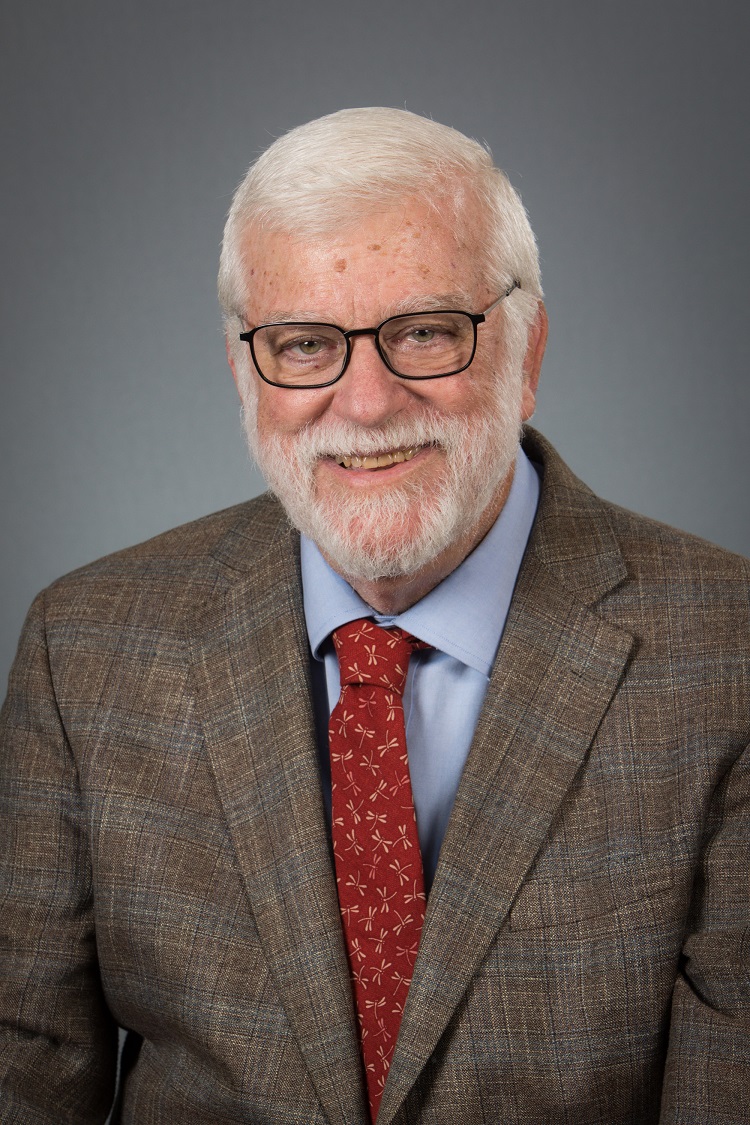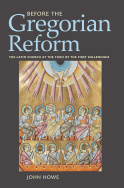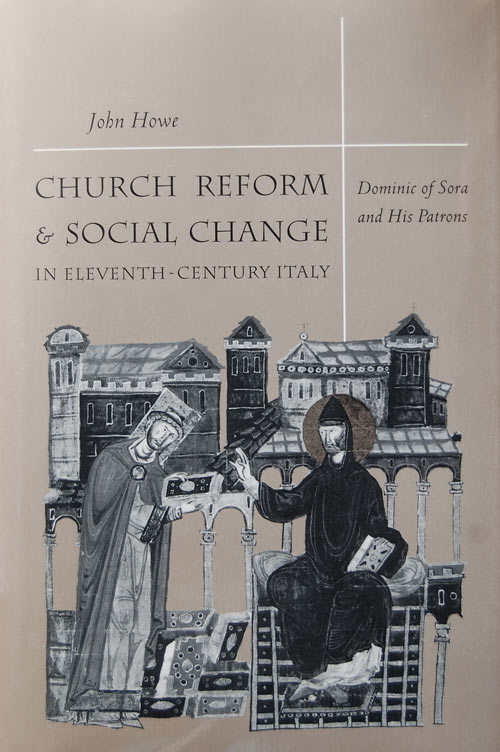John Howe
Email: John.Howe@ttu.edu
Website: http://myweb.ttu.edu/jhowe
Ph.D., University of California, Los Angeles
Professor Howe has taught medieval history at Texas Tech for forty three years. His Before the Gregorian Reform: The Latin Church at the Turn of the First Millennium (2016) has been awarded the AHA ACHA Marraro Prize, and has been re-issued in a paperback edition. Articles in the process of publication include "Gregory VII and the Eleventh-Century Reform Movement," for the first volume of The Cambridge History of the Papacy (2022); and "Peter Damian Looks at Military Violence," for Violence and Violent Clerics in Medieval Europe, ed. Andrew Villalon and Donald Kagay (Brill 2024). He is at work on a long-term project, a biography of Peter Damian (d. 1072/1073). For other research, see his Vita.

Select Publications
Before the Gregorian Reform: The Latin Church at the Turn of the Millenium
 Historians typically single out the hundred-year period from about 1050 to 1150 as
the pivotal moment in the history of the Latin Church, for it was then that the Gregorian
Reform movement established the ecclesiastical structure that would ensure Rome's
dominance throughout the Middle Ages and beyond. In Before the Gregorian Reform John Howe challenges this familiar narrative by examining earlier, "pre-Gregorian"
reform efforts within the Church. He finds that they were more extensive and widespread
than previously thought and that they actually established a foundation for the subsequent
Gregorian Reform movement.
Historians typically single out the hundred-year period from about 1050 to 1150 as
the pivotal moment in the history of the Latin Church, for it was then that the Gregorian
Reform movement established the ecclesiastical structure that would ensure Rome's
dominance throughout the Middle Ages and beyond. In Before the Gregorian Reform John Howe challenges this familiar narrative by examining earlier, "pre-Gregorian"
reform efforts within the Church. He finds that they were more extensive and widespread
than previously thought and that they actually established a foundation for the subsequent
Gregorian Reform movement.
The low point in the history of Christendom came in the late ninth and early tenth centuries—a period when much of Europe was overwhelmed by barbarian raids and widespread civil disorder, which left the Church in a state of disarray. As Howe shows, however, the destruction gave rise to creativity. Aristocrats and churchmen rebuilt churches and constructed new ones, competing against each other so that church building, like castle building, acquired its own momentum. Patrons strove to improve ecclesiastical furnishings, liturgy, and spirituality. Schools were constructed to staff the new churches. Moreover, Howe shows that these reform efforts paralleled broader economic, social, and cultural trends in Western Europe including the revival of long-distance trade, the rise of technology, and the emergence of feudal lordship. The result was that by the mid-eleventh century a wealthy, unified, better-organized, better-educated, more spiritually sensitive Latin Church was assuming a leading place in the broader Christian world.
Before the Gregorian Reform challenges us to rethink the history of the Church and its place in the broader narrative
of European history. Compellingly written and generously illustrated, it is a book
for all medievalists as well as general readers interested in the Middle Ages and
Church history.
Learn more at Cornell University Press.
Church Reform and Social Change in Eleventh-Century Italy: Dominic of Sora and His Patrons
 At the dawn of the second millennium, new churches and castles sprang up throughout
Western Europe. In central Italy, St. Dominic of Sora (d. 1032) and his patrons played
a key role in this process. John Howe mines the surprisingly rich but heretofore neglected
sources that reveal their story, offering an absorbing case study of an ecclesiastical
reform that was earlier—if less literate and less centralized—than the Gregorian Reform
that would soon follow.
At the dawn of the second millennium, new churches and castles sprang up throughout
Western Europe. In central Italy, St. Dominic of Sora (d. 1032) and his patrons played
a key role in this process. John Howe mines the surprisingly rich but heretofore neglected
sources that reveal their story, offering an absorbing case study of an ecclesiastical
reform that was earlier—if less literate and less centralized—than the Gregorian Reform
that would soon follow.
Learn more at University of Pennsylvania Press.
Inventing Medieval Landscapes: Senses of Place in Western Europe
Far from the forest primeval of popular imagination, the historians and literary scholars in this book describe a Western European landscape just as consciously constructed by its inhabitants as any modern landscape--physically, conceptually, and spiritually. All appearing for the first time in print, their essays provide a wealth of detail on this "deep ecology" of the Middle Ages and a better understanding of the creativity and skill of our cultural ancestors.
Learn more at University Press of Florida.
Department of History
-
Address
Texas Tech University, Box 41013, 3001 15th Street, Humanities (formerly English/Philosophy) 165, Lubbock, TX 79409 -
Phone
806.742.3744 | Fax: 806.742.1060 -
Email
info.history@ttu.edu
